The path of the Franciscan Protomartyrs
Created to honor the Franciscan Protomartyr Saints, the Path begins in Terni and crosses the birthplaces of the Protomartyrs: Stroncone, Aguzzo, Calvi dell’Umbria, Narni and San Gemini.
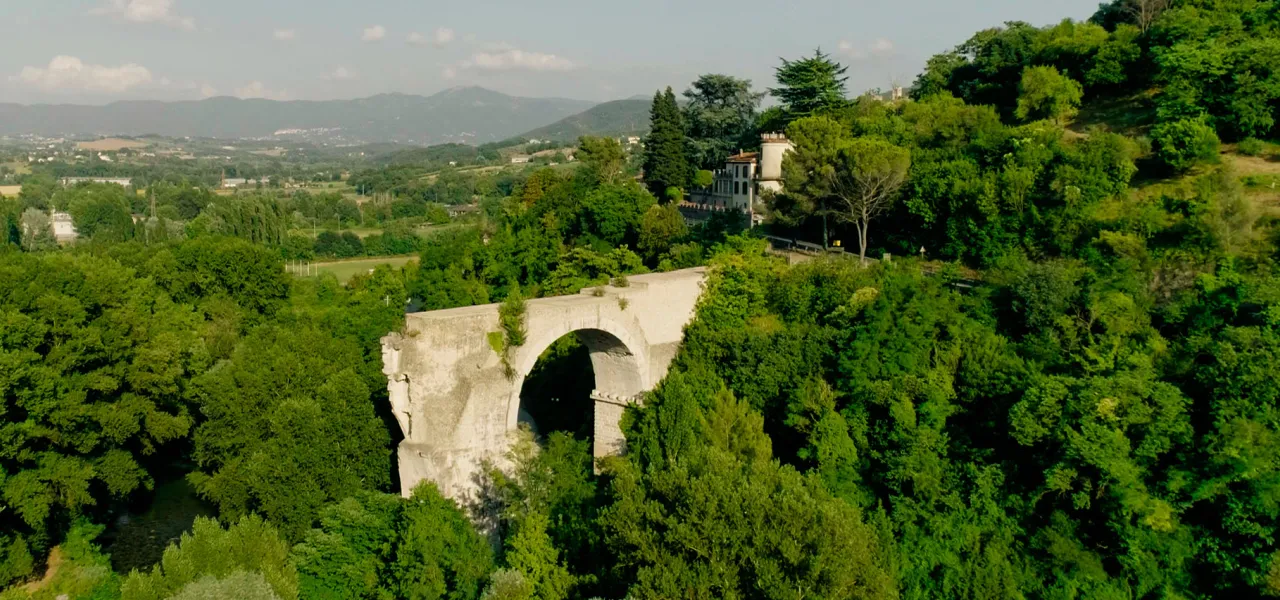
The itinerary crosses naturalistic jewels such as the Marmore Falls, Piediluco Lake, San Pancrazio Park, San Gemini Springs Park and historical-artistic treasures: the church of San Francesco in Piediluco, the monastery of San Benedetto in Fundis, the monastery of San Simeone, the convent of San Francesco in Stroncone, Sacred Speco of Narni, the church of San Michele Arcangelo in Schifanoia, the church of Santa Pudenziana, the Albornoz Fortress in Narni, the Cathedral of Narni, the Bridge of Augusto in Narni, the Abbey of San Cassiano, the Sanctuary of Madonna del Ponte, the church of San Francesco in Sangemini, the archaeological park of Carsulae, the Hermitage of Cesi and finally the Sanctuary of Sant' Antonio in front of the relics of the Franciscan Protomartyr Saints.
The route is designed in 6 recommended stages, with intermediate stops so that it can be tailored to the pilgrim's preferences.
Let's explore some of them...
Per informazioni visitare il sito www.camminoprotomartiri.it
THE STAGES OF THE ITINERARY
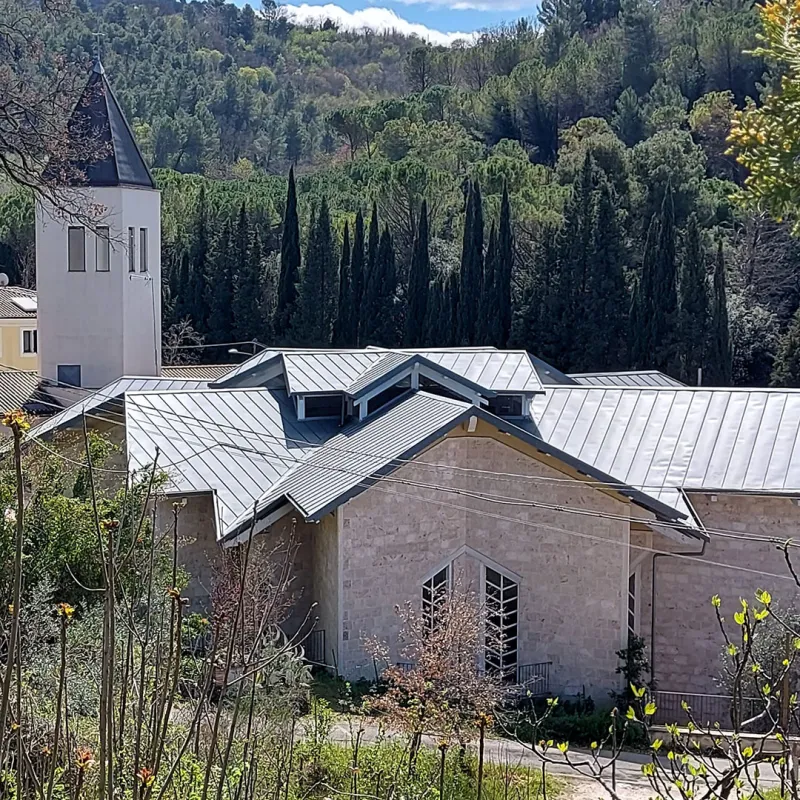
Leaving the city centre, in the district of Valenza, well set in the landscape, you find this “d’auteur” church, a jewel of sacred architecture.
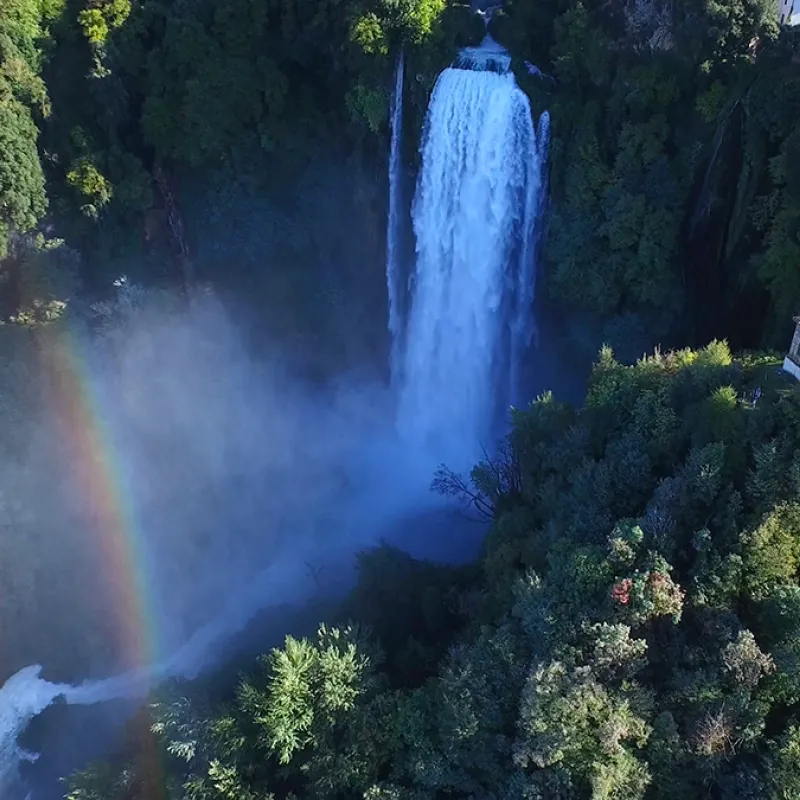
The Marmore Waterfall is created by the River Velino dropping down into the Nera River below, with a drop of 165 metres
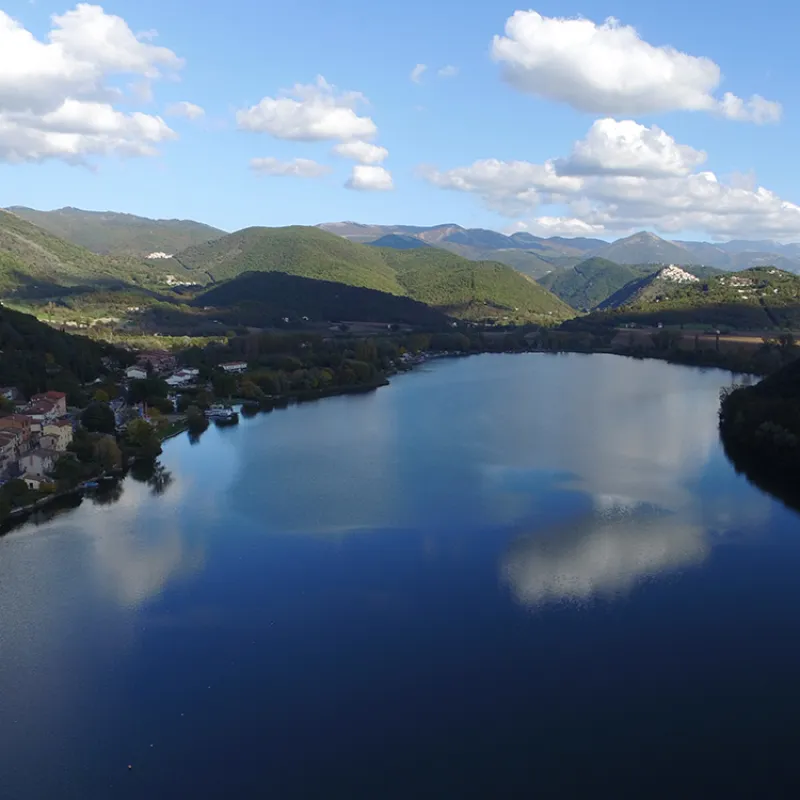
Located at the southern end of Umbria, on the border with Lazio, nestled between the Luco and Caperno mountains, it is the largest lake in the region after Lake Trasimeno.
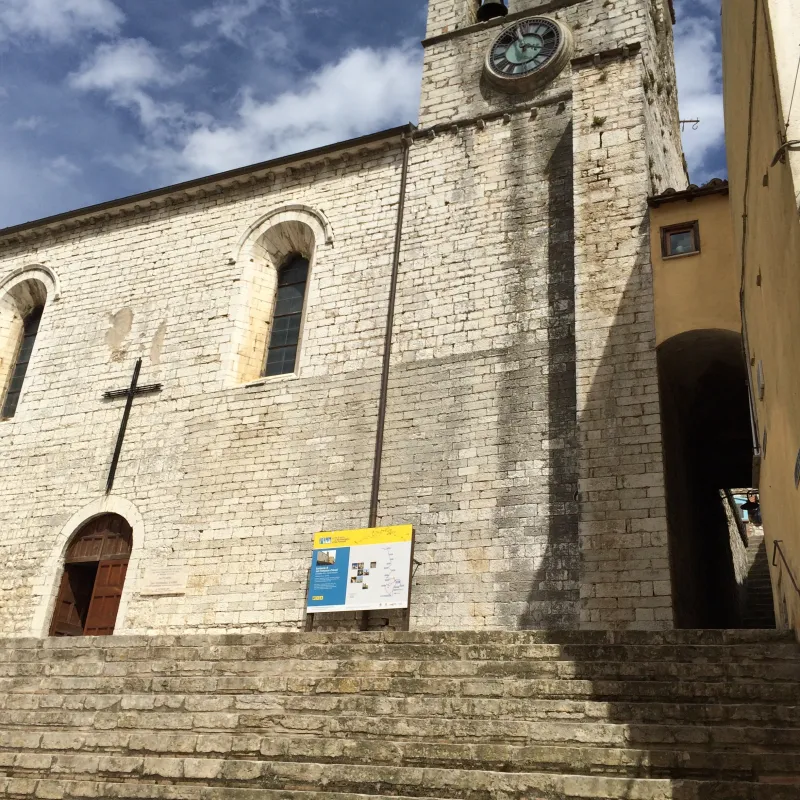
Piediluco is one of the places in southern Umbria where St Francis frequently stopped.
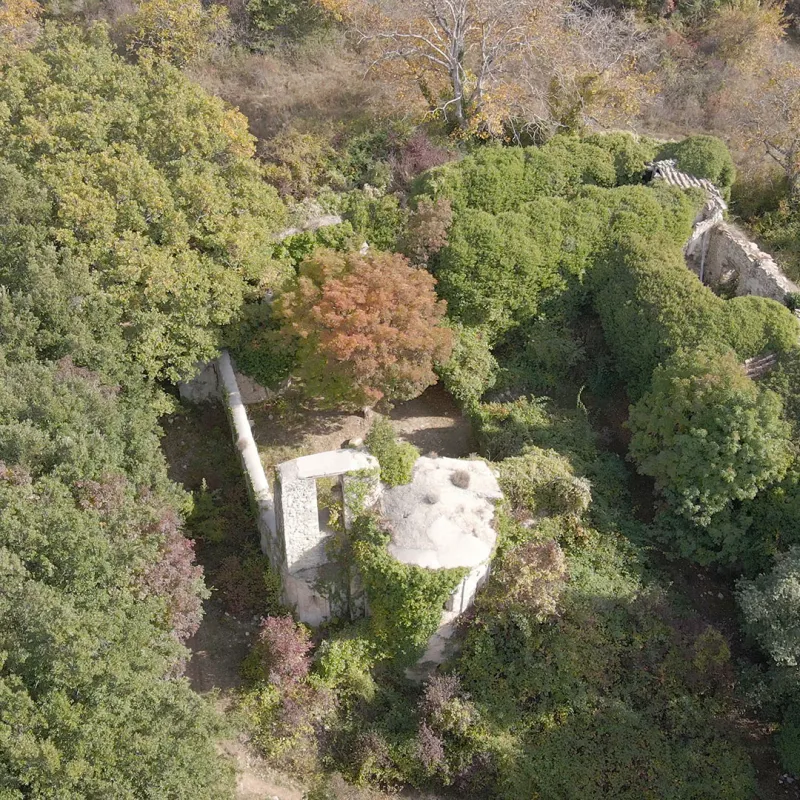
Along the route that connects Stroncone to Miranda are the remains of the Abbey of San Benedetto, which takes its name “fundis” from the nearby source of the monks.
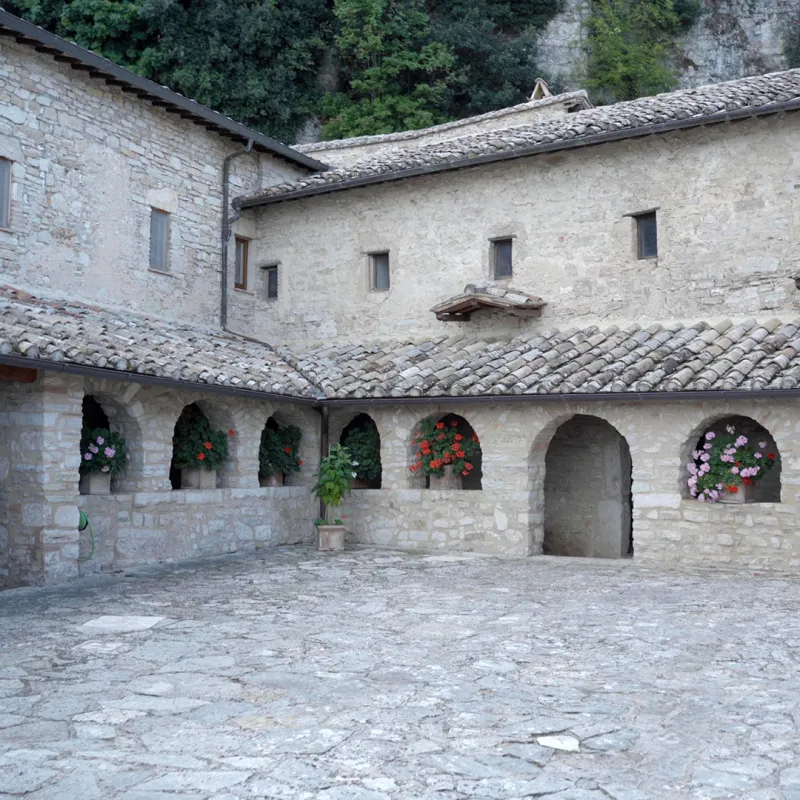
The Speco di of St. Francis, set amidst magnificent woods in the locality of Sant'Urbano di Narni, is one of the greatest testimonies of the Saint's presence in southern Umbria.
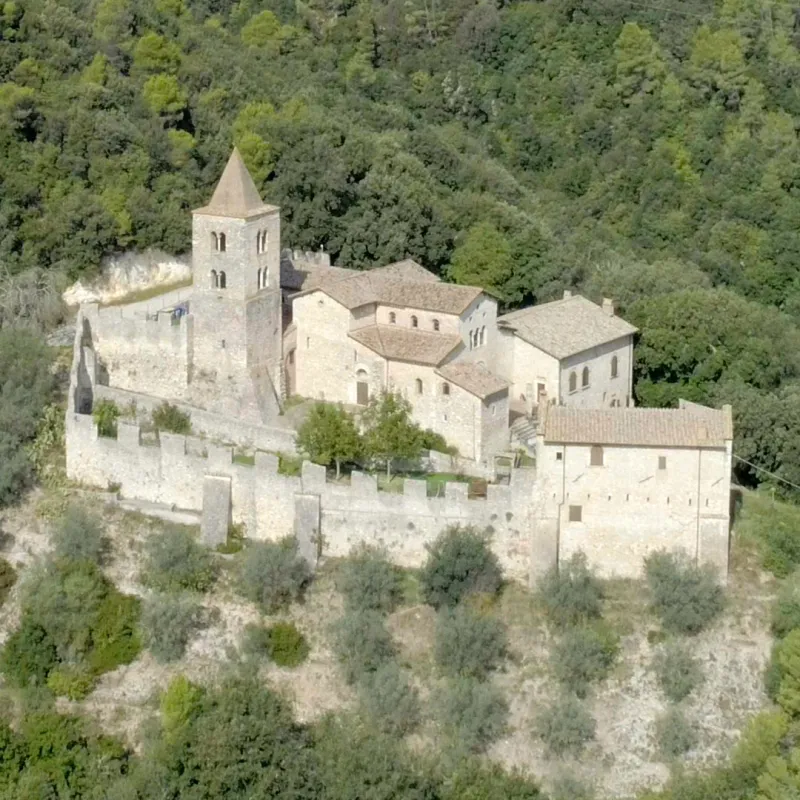
Secluded amidst the green woods of Monte Santa Croce, in the Narni area, the Benedictine abbey of San Cassiano has the charm of places that guard centuries of history.
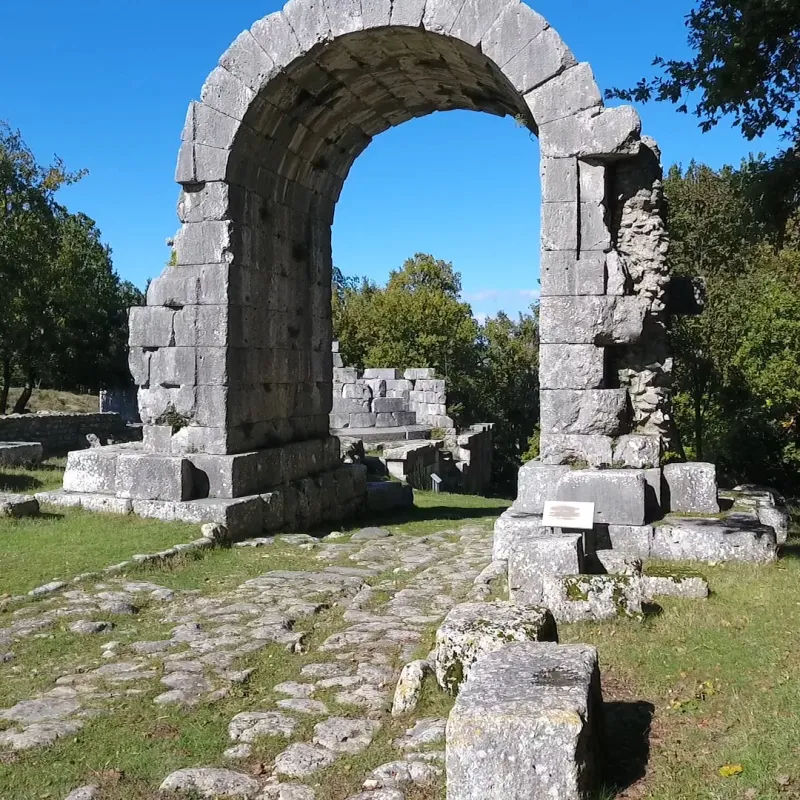
The city of Carsulae was probably founded around the end of the 3rd century BC, with the conclusion of the Romanisation of Umbria, which was followed by the construction of the western part of the Via Flaminia in 220 BC.
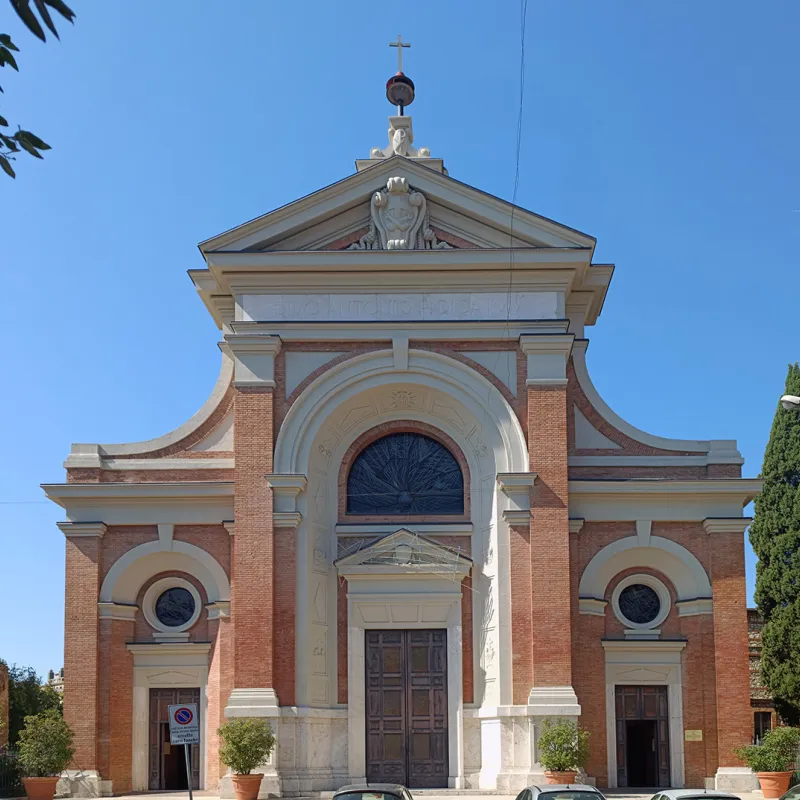
The design of the new church, the first built in modern times in Terni, was assigned to the architect Cesare Bazzani and work began in 1924 and was completed in 1935.